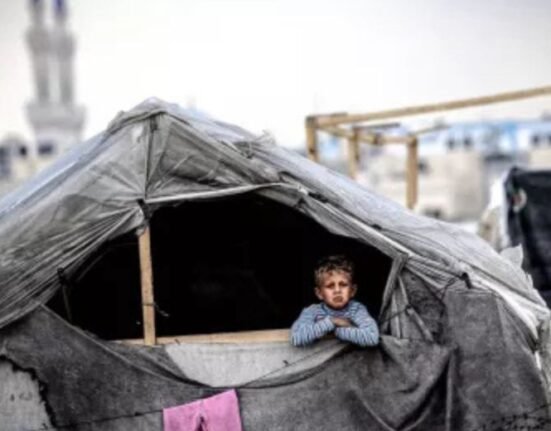HQ Team
July 15, 2025: Global infant vaccination rates were up marginally last year, but shortfalls in funding, instability, and rising misinformation threaten to block further progress, the UNICEF stated.
In 2024, 115 million or 89% of children got at least one dose of diphtheria, tetanus and pertussis (DTP)-containing vaccine, while 14.3 million missed a single dose of any vaccine, according to a joint statement from the WHO and UN Children’s Fund.
The 14.3 million figure was four million more than the 2024 target needed to stay on track with WHO’s Immunisation Agenda 2030 goals, and 1.4 million more than in 2019, the baseline year for measuring progress.
Of the total vaccinations, 85% — roughly 109 million – completed all three required mandatory doses, up by one million compared to 2023.
The year-on-year total vaccination figures rose by a meagre 171,000 for a single dose of any vaccine.
Vaccine misinformation
The funding shortages and global conflicts, combined with vaccine misinformation, may result in reversing the progress and risk of severe disease and deaths from vaccine-preventable diseases, according to the WHO data.
“While the gains are modest, they signal continued progress by countries working to protect children, even amid growing challenges,” according to the statement.
Data from 189 countries showed that 131 countries have consistently reached at least 90% of children with the first dose of the DTP vaccine since 2019, but there has been no significant movement in expanding this group.
Among the countries that reached less than 90% in 2019, only 17 managed to increase their coverage rates in the past five years.
‘Unwind decades of progress’
In 47 countries, progress is stalling or worsening. This includes 22 countries that achieved and surpassed the 90% target in 2019 but have since declined.
“Vaccines save lives, allowing individuals, families, communities, economies and nations to flourish,” said Dr Tedros Adhanom Ghebreyesus, WHO Director-General.
“We still have a lot of work to do. Drastic cuts in aid, coupled with misinformation about the safety of vaccines, threaten to unwind decades of progress.”
The data showed that conflict and humanitarian crises could quickly erode vaccination progress.
A quarter of the world’s infants live in just 26 countries affected by fragility, conflict, or humanitarian crises, yet they make up half of all unvaccinated children globally.
Overstretched health systems
In half of these countries, the number of unvaccinated children has expanded rapidly from 3.6 million in 2019 to 5.4 million in 2024, underscoring the need for humanitarian responses to include immunisation.
Small declines in immunisation coverage can dramatically raise the risk of disease outbreaks and place additional strain on already overstretched health systems, according to the statement.
“The good news is that we have managed to reach more children with life-saving vaccines. But millions of children remain without protection against preventable diseases, and that should worry us all,” said UNICEF Executive Director Catherine Russell.
“We must act now with determination to overcome barriers like shrinking health budgets, fragile health systems, along with misinformation and access constraints because of conflicts. No child should die from a disease we know how to prevent,” she said.








